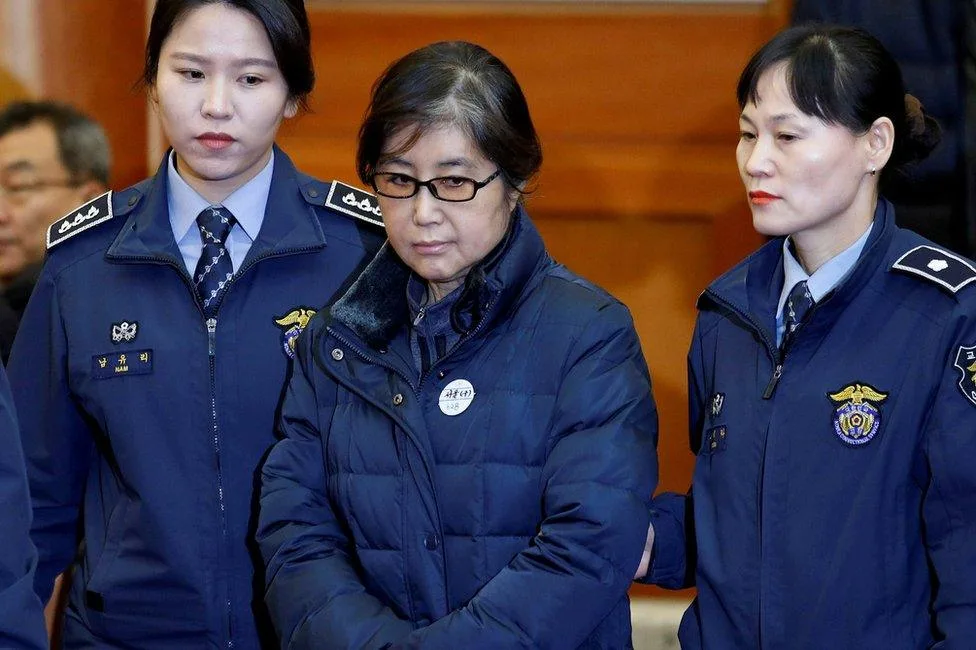The political landscape in South Korea is undergoing significant tension as allegations of corruption swirl around key government officials. The crisis has deepened with former President Moon Jae-in’s administration facing scrutiny over their handling of several sensitive issues, igniting fierce debates among political factions. Speaking on the matter, Park Joo-sun, a lawmaker from the Democratic Party, criticized the investigation into the previous administration, stating, “This is not a true pursuit of justice, but rather a political witch hunt to undermine our party’s stability.” Meanwhile, the current President Yoon Suk-yeol has been striving to rebuild trust, emphasizing the need for accountability and transparency. In a live address, he asserted that, “Our government will not turn a blind eye to corruption in any form, and we will ensure that those responsible will face justice.” Public opinion polls have depicted a worrying trend for the ruling People Power Party, with approval ratings plummeting to 38%, reflective of citizens’ dissatisfaction with ongoing issues like the economy and rising living costs. Political analysts suggest that these scandals may have long-term implications for the upcoming elections, and the potential return of the Democratic Party to power looms larger than ever. As South Korea ventures further into this political turmoil, the stability of its government hangs in a delicate balance, demanding close observation from both domestic and international entities.
Intensifying Political Climate in South Korea Amid Ongoing Scandals













